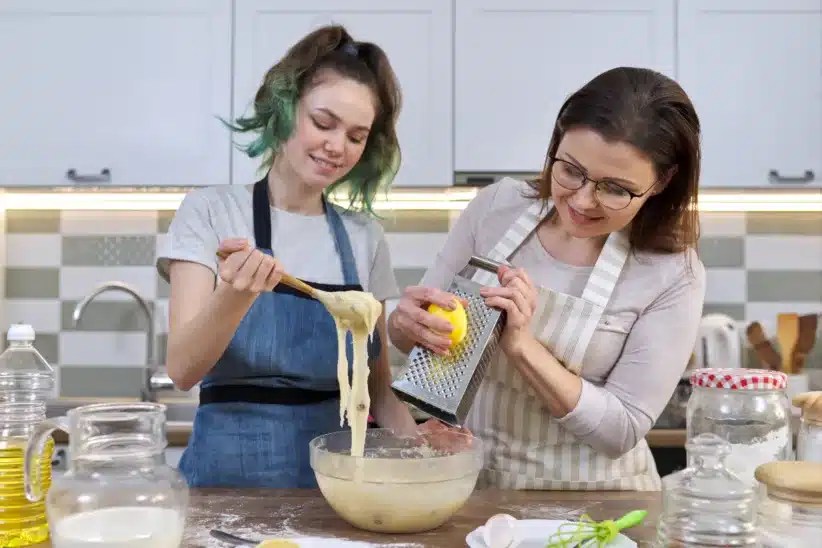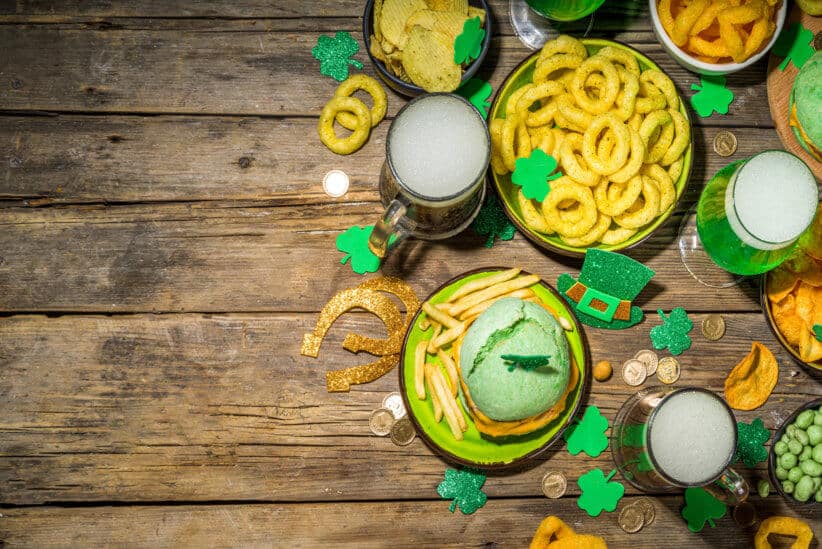Olives were among the first cultivated crops, and olive oil production dates back thousands of years to the eastern Mediterranean region. Ancient people valued it not only as a culinary accoutrement, but also as medicine and lamp fuel. The Greek poet Homer famously referred to olive oil as “liquid gold.”
North America’s relationship with olives began in the late 1700s, with cuttings brought by Spanish missionaries. However, it wasn’t until well after the gold rush that farmers developed an interest in the olive as a cash crop.
Traditional farming yields new gold
Darro Grieco and his wife, Olivia, own the 100-year-old Berkeley Olive Grove in California.
At 400 acres, it’s the largest grove of mission olives (the only olive considered indigenous to the Americas) in the world.
Yet, the Griecos have eschewed artificial irrigation and other industrial farm practices in favor of traditional organic, sustainable methods. This allows the olive trees to flourish through their natural 600-plus year lifespan, and ensures the preservation of the historic property.
Grieco says that although his yield is smaller than that of a large hedgerow operation, “the use of dry farming and hand-intensive practices has produced exceptional olive oils.” Year after year, his award-winning extra virgin olive oils prove his point.
Why extra virgin?
Extra virgin olive oil is made simply by crushing olives and extracting the juice.
Neither heat nor chemicals, which degrade the oil, are used during the process. Experts agree that only an extra virgin olive oil confers the health benefits associated with olive oil.
Extra virgin olive oil contains the “good” (monounsaturated) fatty acids, as well as naturally occurring polyphenols. Naturopath Dr. Christina Caselli says consumption of olive oil “lowers insulin levels, lowers blood pressure, and reduces overall cholesterol levels.”
In addition to the well-documented cardiovascular benefits, new studies suggest specific phenols may prevent Alzheimer’s disease and destroy cancer cells.
Applying olive oil to the skin can be beneficial as well. Caselli says it “can be used as a carrier for essential oils to be used topically,” and that it’s an effective treatment “for cradle cap in infants due to its gentle antimicrobial properties.”
Finding your gold
Though good extra virgin olive oil has proven health benefits, the consumer must be careful. Lab tests have revealed that more than two-thirds of store-bought oils imported by the U.S. and labeled as extra virgin fail to meet International Olive Council standards.
Unlike wine, olive oil does not improve with age. It’s more like a juice, best just after it’s squeezed.
Former olive grower Susie Lawing says, “When buying an oil there are all kinds of variations, but the main thing is freshness.” Look for:
Dark glass bottle or tin container. Exposure to heat and light degrades the oil.
Harvest date. Olive oil becomes rancid over time, so buy the most recently bottled oil.
Quality seal certification. Extra virgin olive oils bearing a sticker from one of several programs — e.g. North American Olive Oil Association, Extra Virgin Alliance, or California Olive Oil Council — meet specific taste and chemical standards.
Price point. “If it sounds too good to be true…” You know the rest of the story. Most experts agree that you cannot buy good extra virgin olive oil for less than $10 per liter.
A cook’s companion, hot or cold
Contrary to a widespread myth, good extra virgin olive oil is quite stable under high heat conditions. It can be used for frying, sautéing, and baking at 410 degrees Fahrenheit or more with tasty, nutritious results.
“We cook with extra virgin olive oil at our restaurant, because the flavors come out … It’s good to cook with and very healthy for you,” says Chef Brett LaMott.
Grieco agrees, adding that an oil with a high phenol content “preserves the nutritional content of the foods you’re cooking with it.”
When choosing an oil, keep in mind:
Go bitter for better health. Grieco and other experts say that, due to the high phenol content, the healthiest extra virgin olive oils often have a bitter or peppery quality.
One olive is not like another. LaMott says each oil has a “terroir” — it “tastes like the soil where it grows.” Olives of the same variety may have very distinct flavors, depending on where they’re grown.
Different dishes, different oils. Pair a robust oil with a strong spicy dish, a delicate oil with a light dish.
Another healthy and delicious tip? LaMott suggests replacing other fats with olive oil.
“It’s far better than putting butter on your bread. Just dip your bread in olive oil.”
Amazing mayonnaise
INGREDIENTS:
2 farm-fresh egg yolks
¼ tsp. salt
2 tsp. lemon juice
Pinch of garlic or a bit of garlic oil
1½ cups extra virgin olive oil
DIRECTIONS: In a blender, mix together the farm-fresh egg yolks, salt, lemon juice, and garlic or garlic oil.
With the blender on low, add the olive oil, drop-by-drop.
In just five minutes you’ll have a delicious dip for artichokes, dressing for slaw, or spread for a sandwich.
(Raw eggs are made safe by acidifying them with lemon juice or vinegar. Make a fresh batch each time and do not store leftovers.)
— from Chef Brett LaMott
Increase your olive oil IQ
• “Olive Oil Times Magazine” (www.olive
• “Truth in Olive Oil” (www.truth
• “Virgin Territory: Exploring the World of Olive Oil,” book by Nancy Harmon Jenkins (2015), includes 100-plus recipes.
• North American Olive Oil Association, www.about





















